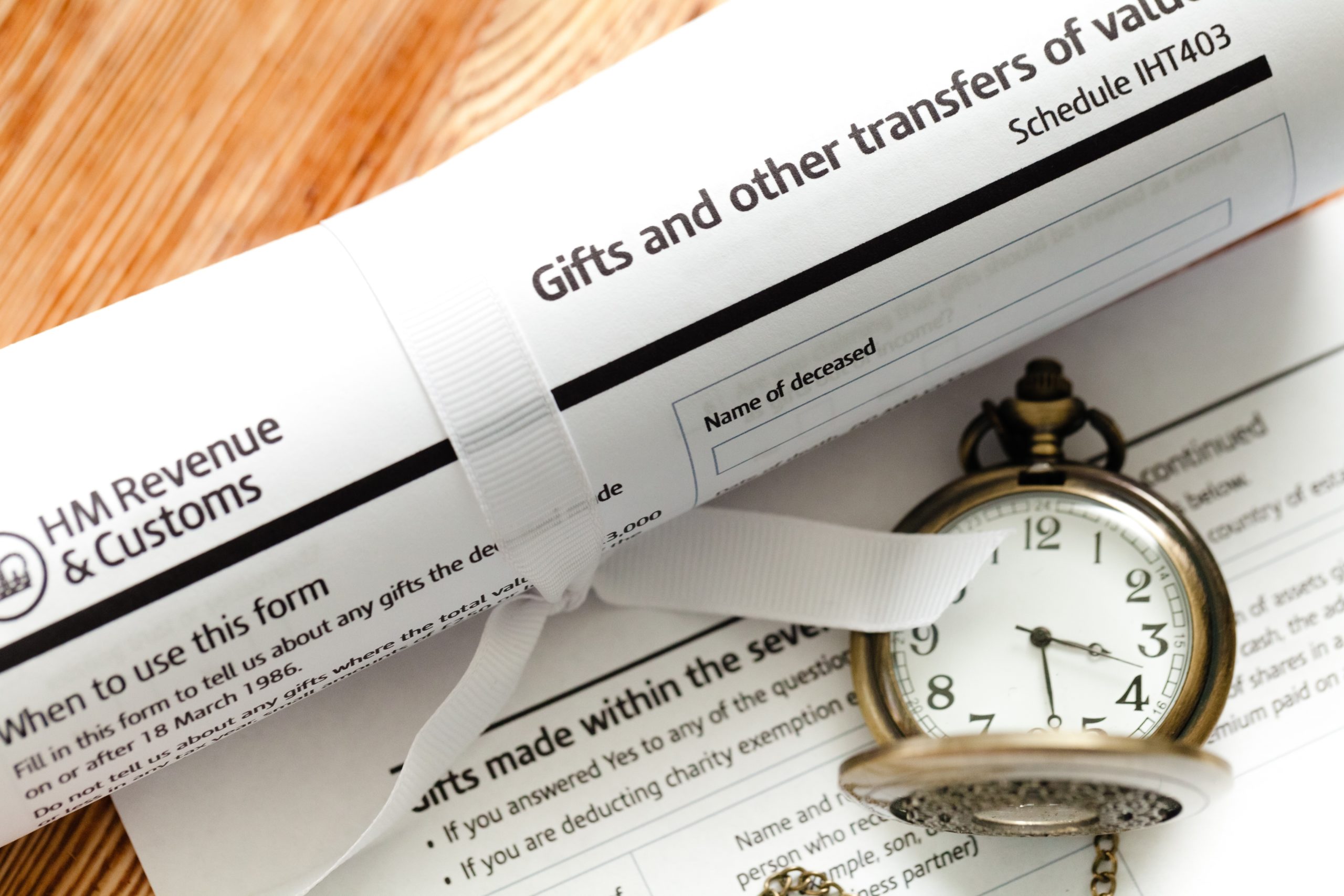4 min read
It was recently revealed by HM Revenue & Customs (HMRC) that it had collected a whopping £6.1bn ($8bn, €7.3bn) from inheritance tax receipts (IHT) in the last UK tax year.
This figure marks a £700m increase from the previous period, which is largely attributed to the “relentless” rise in house prices and the freezing of the threshold above which inheritance tax is levied – currently £325,000. This was frozen last year until at least 2026.
Roy Jenkins – the former Labour chancellor once famously quipped that inheritance tax was ‘a voluntary levy paid by those who distrust their heirs more than they dislike the Inland Revenue.’
Whilst this is clearly not the case for most families, it is true that a large amount of the inheritance tax collected annually by the UK treasury could be avoided with a little forward planning and decision making.
Like so many soundbites, this one was actually taken out of context. Roy Jenkins made the statement in 1986 when Capital Transfer Tax, which was the predecessor to Inheritance Tax, was repealed. The new Inheritance Tax legislation introduced the concept of ‘potentially exempt transfers’ which means the ability to gift capital and assets of any size now, provided that:
- The gift is outright and there are no strings attached
- The person making the gift survives for seven years after making the gift
Theoretically, this means it is possible to give away everything you own and as long as you live for another seven years, you have eliminated your Inheritance Tax liability.
The problem, however, arrives when or if you need access to capital which you no longer own – whether that is due to ill health or any other often unanticipated reason. At that point you may need to ask those to whom you gave money or capital to return it, in part or in full. Hence the quote on ‘distrusting your heirs’.
The UK Domicile issue and liability
It is often believed that leaving one country and moving to another removes the liability to tax. Whilst this is nearly always the case for income tax, this is most certainly not the case for UK inheritance tax. In the UK, when someone dies, domicile is a key factor in assessing the extent of their estate’s liability to UK Inheritance Tax.
Unlike in many other jurisdictions, UK domicile is distinct from the concept of tax residency. For example, you can be tax resident in Switzerland, but still hold UK domicile. There are also different aspects of domicile, the most commonly applied being the domicile of origin – typically received at birth from your father.
Put simply, on the death of someone who is UK domiciled, their worldwide assets will be subject to assessment in the UK. For someone who is non-UK domiciled, only UK based assets will be assessed. For worldwide assets being assessed, tax relief may be available in terms of a double tax treaty or in terms of the UK tax legislation but this is unlikely to be the case where the other country does not have an equivalent to UK IHT (and a number of countries do not). The interaction of other countries’ tax rules with the UK rules therefore also needs to be considered.
NB – It is generally never possible to lose a domicile of origin, however it is possible to acquire a domicile of choice – actual and permanent residence in another country.
Migration and reduction of UK inheritance tax
The good news however is that by taking professional advice and planning ahead, families have an opportunity to reduce or eliminate their IHT bill through a range of different measures, including investing tax-efficiently and making gifts to family members.
Even in the current situation with frozen bands and soaring house prices, there are ways you can mitigate your liabilities.
For example, in the current tax year, you can pass on £175,000 of your UK property tax-free, – effectively doubled to £350,000 when combined with the allowance of your spouse or civil partner. This is in addition to your inheritance tax allowance – or nil rate band (NRB) – of £325,000, meaning it is possible to pass on £1m inheritance tax free as a couple. However, the residence NRB only works for those with direct descendants to inherit the family home.
There are however other ways to reduce your inheritance tax exposure, including gifting to family members. Each tax year you can give away up to £3,000 worth of ‘gifts’ with your annual exemption, £6,000 for a couple every year. This allowance carries forward to just the next tax year if you do not use it in the current tax year. In addition, there is no limit on gifts out of surplus income. Assets held in certain UK pensions can also allow you to pass your wealth to your heirs in a tax efficient manner.
Beyond this, alternative solutions include more significant gifts – often defined as ‘potentially exempt transfers’ (PET’s) or chargeable lifetime transfers (CLT’s) – although these will take seven years before being entirely free of any liability to UK inheritance tax.
How can we help?
As is clear, this is a complex field, and it is essential to plan ahead. There are many estate planning solutions available, but it is a challenge for those who are not immersed in it daily to understand what solutions are the most appropriate to use and when.
To find out how our financial planners could help you, please book a no-obligation consultation. You have nothing to lose and potentially a lot of tax to save.
Email to info@blackdenfinancial.com or phone +41 22 755 0800
Or complete our Contact Form here
One of our team will contact you and arrange a suitable time to discuss how our service can work for you, and how to get the ball rolling.

